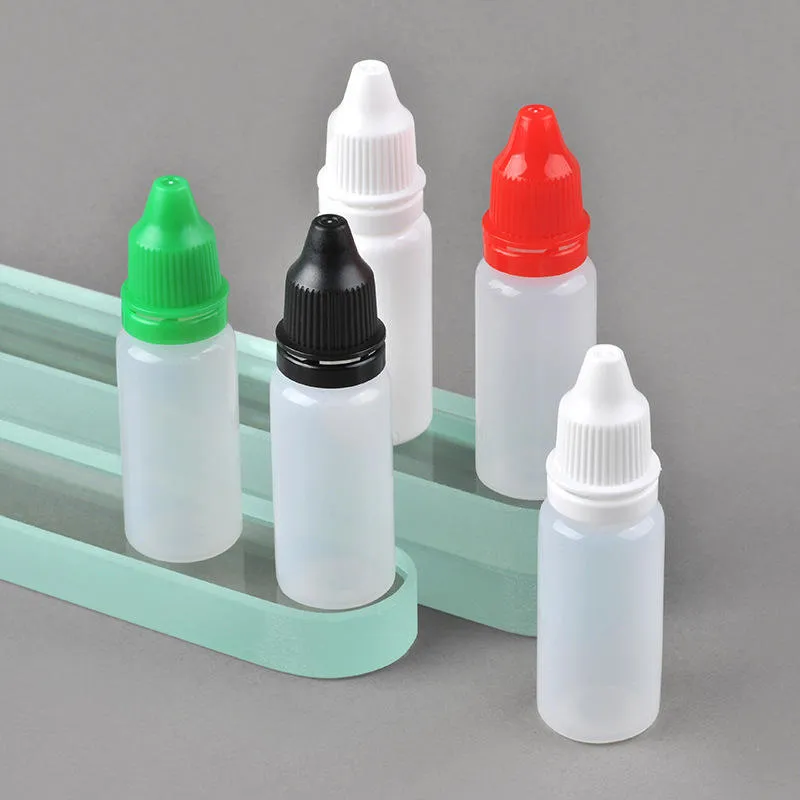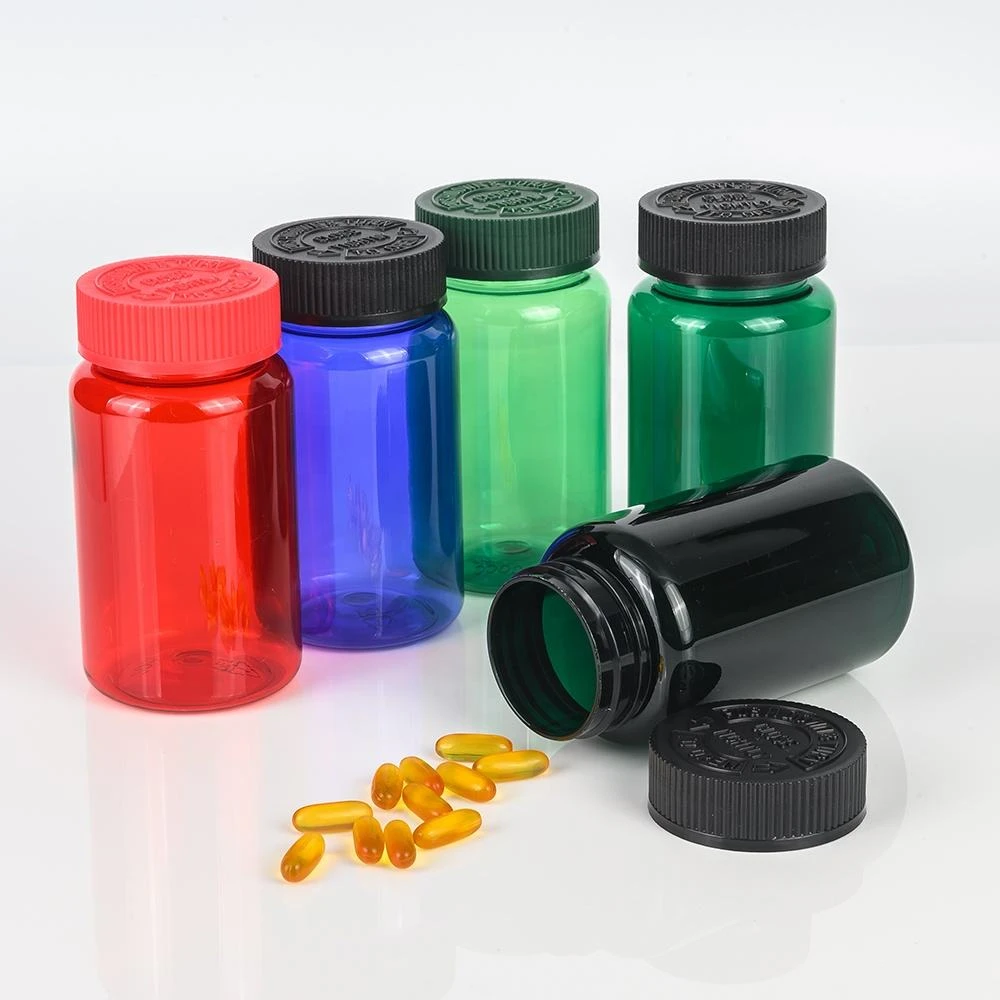
-
 Afrikaans
Afrikaans -
 Albanian
Albanian -
 Amharic
Amharic -
 Arabic
Arabic -
 Armenian
Armenian -
 Azerbaijani
Azerbaijani -
 Basque
Basque -
 Belarusian
Belarusian -
 Bengali
Bengali -
 Bosnian
Bosnian -
 Bulgarian
Bulgarian -
 Catalan
Catalan -
 Cebuano
Cebuano -
 Corsican
Corsican -
 Croatian
Croatian -
 Czech
Czech -
 Danish
Danish -
 Dutch
Dutch -
 English
English -
 Esperanto
Esperanto -
 Estonian
Estonian -
 Finnish
Finnish -
 French
French -
 Frisian
Frisian -
 Galician
Galician -
 Georgian
Georgian -
 German
German -
 Greek
Greek -
 Gujarati
Gujarati -
 Haitian Creole
Haitian Creole -
 hausa
hausa -
 hawaiian
hawaiian -
 Hebrew
Hebrew -
 Hindi
Hindi -
 Miao
Miao -
 Hungarian
Hungarian -
 Icelandic
Icelandic -
 igbo
igbo -
 Indonesian
Indonesian -
 irish
irish -
 Italian
Italian -
 Japanese
Japanese -
 Javanese
Javanese -
 Kannada
Kannada -
 kazakh
kazakh -
 Khmer
Khmer -
 Rwandese
Rwandese -
 Korean
Korean -
 Kurdish
Kurdish -
 Kyrgyz
Kyrgyz -
 Lao
Lao -
 Latin
Latin -
 Latvian
Latvian -
 Lithuanian
Lithuanian -
 Luxembourgish
Luxembourgish -
 Macedonian
Macedonian -
 Malgashi
Malgashi -
 Malay
Malay -
 Malayalam
Malayalam -
 Maltese
Maltese -
 Maori
Maori -
 Marathi
Marathi -
 Mongolian
Mongolian -
 Myanmar
Myanmar -
 Nepali
Nepali -
 Norwegian
Norwegian -
 Norwegian
Norwegian -
 Occitan
Occitan -
 Pashto
Pashto -
 Persian
Persian -
 Polish
Polish -
 Portuguese
Portuguese -
 Punjabi
Punjabi -
 Romanian
Romanian -
 Russian
Russian -
 Samoan
Samoan -
 Scottish Gaelic
Scottish Gaelic -
 Serbian
Serbian -
 Sesotho
Sesotho -
 Shona
Shona -
 Sindhi
Sindhi -
 Sinhala
Sinhala -
 Slovak
Slovak -
 Slovenian
Slovenian -
 Somali
Somali -
 Spanish
Spanish -
 Sundanese
Sundanese -
 Swahili
Swahili -
 Swedish
Swedish -
 Tagalog
Tagalog -
 Tajik
Tajik -
 Tamil
Tamil -
 Tatar
Tatar -
 Telugu
Telugu -
 Thai
Thai -
 Turkish
Turkish -
 Turkmen
Turkmen -
 Ukrainian
Ukrainian -
 Urdu
Urdu -
 Uighur
Uighur -
 Uzbek
Uzbek -
 Vietnamese
Vietnamese -
 Welsh
Welsh -
 Bantu
Bantu -
 Yiddish
Yiddish -
 Yoruba
Yoruba -
 Zulu
Zulu
Small Plastic Juice Bottles Durable, Leak-Proof & Custom Sizes
- Market Growth & Industry Trends
- Technical Advantages in Design & Material
- Supplier Comparison: Performance Metrics
- Customization Options for Brand Differentiation
- Environmental Compliance & Sustainability
- Case Study: Retail & Hospitality Success
- Future Outlook for Small Plastic Bottle Solutions

(small plastic juice bottles)
Why Small Plastic Juice Bottles Dominate Beverage Packaging
The global market for small plastic juice bottles
is projected to grow at a 6.8% CAGR through 2030 (Grand View Research), driven by rising demand for single-serve beverages. These containers account for 42% of non-alcoholic ready-to-drink packaging, with PET materials comprising 78% of production due to their recyclability and cost-efficiency. Below, we analyze critical factors shaping this $3.2 billion niche.
Engineering Superiority in Material Science
Modern 50ml-300ml juice bottles utilize FDA-grade PET or PP resins with oxygen barrier enhancements (0.01 cc/m²/day permeability). Advanced injection molding techniques achieve wall thicknesses of 0.25±0.03mm while maintaining 18-month shelf-life integrity. Compared to glass alternatives, these bottles reduce transportation costs by 34% (Freightos 2023 data) and withstand 8.2N vertical compression forces.
Manufacturer Capability Analysis
| Supplier | MOQ | Cycle Time | Recycled Material % | FDA Certification |
|---|---|---|---|---|
| BottleTech Inc | 10,000 units | 18 days | 30-100% | Yes |
| EcoPure Containers | 50,000 units | 25 days | 50-100% | EU & US |
| FlexiPack Solutions | 5,000 units | 12 days | 0-70% | US Only |
Tailored Branding Configurations
Leading manufacturers now offer:
- 15 standard neck finishes (28mm-38mm)
- Pantone-matched color masterbatch systems (±0.5 ΔE)
- Digital direct-print resolution up to 1200 dpi
- Embossing depth options: 0.1mm-0.3mm
Custom tooling timelines have decreased from 14 to 6 weeks average since 2020 through AI-driven mold simulation tech.
Sustainability Benchmarks
78% of surveyed producers now meet APR Design® Guide for Recyclability. Post-consumer recycled (PCR) content usage increased 217% since 2018, with bottle weights reduced by 11% through structural optimization algorithms. Carbon footprint per 100ml bottle now averages 8.2g CO2eq – 23% below 2019 levels.
Operational Efficiency Gains
A Midwest cold-pressed juice company achieved 31% cost reduction by switching to 200ml PET bottles with integrated sleeves. The design eliminated secondary labeling, reducing production steps from 7 to 4. Fill-line efficiency improved to 98.2% with anti-slip base geometry.
Innovating Small Plastic Bottles for Next-Gen Beverages
As functional beverages claim 39% of market share (Beverage Marketing Corp), small plastic bottles for drinks are evolving with embedded NFC tags and UV-blocking additives. Hybrid PET-PLA compositions now enable 12-week industrial composting while maintaining 9-month clarity retention. These advancements position 100-250ml formats as the optimal solution for premiumization trends through 2032.

(small plastic juice bottles)
FAQS on small plastic juice bottles
Q: What are small plastic juice bottles typically used for?
A: Small plastic juice bottles are ideal for single-serving beverages, meal prep, kids' lunches, or on-the-go hydration. They’re lightweight, portable, and often used for juices, smoothies, or flavored drinks.
Q: Are small plastic bottles for juice recyclable?
A: Most small plastic juice bottles are recyclable if made from PET (1) or HDPE (2) plastics. Always check local recycling guidelines and rinse bottles before disposal to ensure proper recycling.
Q: What sizes do small plastic juice bottles come in?
A: Common sizes range from 8 oz (237 ml) to 16 oz (473 ml), perfect for individual portions. Some brands offer mini 4 oz (118 ml) bottles for samples or kids’ portions.
Q: Can small plastic bottles for drinks be reused safely?
A: Yes, if labeled as reusable and made from BPA-free materials. However, avoid reusing single-use bottles long-term, as scratches or wear can harbor bacteria.
Q: Where can I buy custom-branded small plastic juice bottles?
A: Many packaging suppliers like Alibaba, ULINE, or Eco-Products offer custom printing for logos or labels. Ensure bottles meet food-grade safety standards for drink storage.
-
PTFE Centrifuge Tubes - Chemical Resistant, Leak-proof, Ideal for Laboratory UseNewsJul.05,2025
-
Premium Metal Dropper Bottle for Precise Dispensing 250ml & 1ml Options AvailableNewsJul.04,2025
-
20 ml Headspace Vials - High Quality Polyethylene & Plastic Vials for Lab UseNewsJul.04,2025
-
Small Bottle with Pipette - Precise Dispensing 100ml Pipette Bottles for Essential Oils & Lab UseNewsJun.24,2025
-
Acetic Anhydride Bottle for Accurate Dropper Measurement in Pharmacy Use High-Quality Dropper BottlesNewsJun.10,2025
-
Innovative PET Bottle Design for Juice – Unique Shapes & Customization OptionsNewsJun.10,2025






















